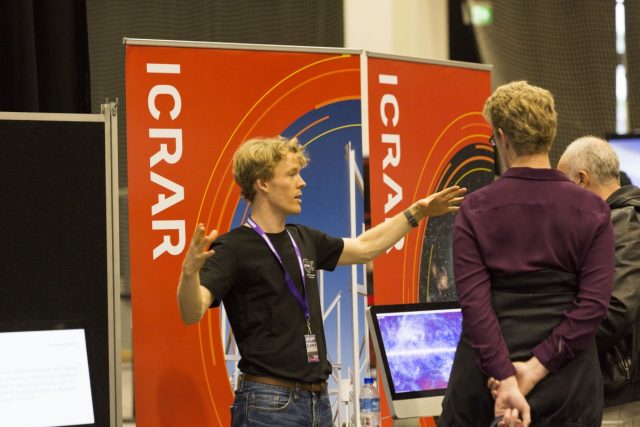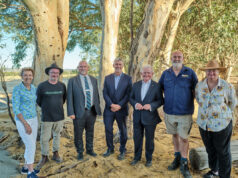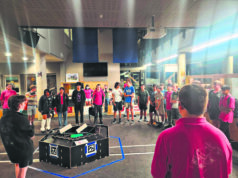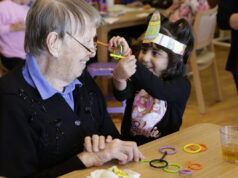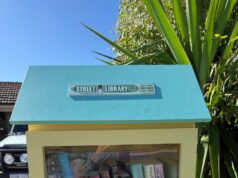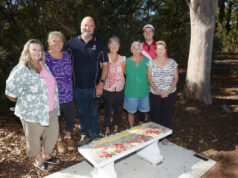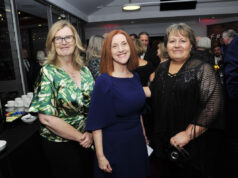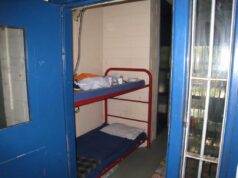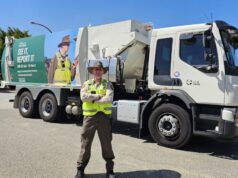Local writers of all ages and experience in Canning inspired by science and the cosmos are encouraged to take part in this year’s National Science Week.
Throughout July, writers will be able to engage with researchers from the International Centre for Radio Astronomy Research (ICRAR) to compose a creative non-fiction monologue.
The winning monologues will be performed during National Science Week which runs in a digital format from August 15-23.
Interested writers could have the opportunity to interview one of the participating researchers, including local Cannington resident Dr Clancy W.
James who worked in experimental radio astronomy and astro-particle physics.
“I think it’d be cool to have somebody give a stream of consciousness style description of what they find when they google this kind of science,” he said.
“When I was a kid, National Science Week meant a super exciting week of visiting scientists, experiments, and liquid nitrogen being used to freeze roses.
“There is a local newspaper article from when I was 10 years old about national science week, with myself and one other student standing with teachers and visitors.
“In the photo caption, it states ‘this is Clancy James, and he wants to be an astrophysicist’ -It was a huge motivation.
“Science is conservative, for good reason, people emphasise some of the craziest aspects of modern physics.
“But we have to remind ourselves that the only reason that scientists have reached consensus on these otherwise mind-bending things is that they are the sanest, most normal explanations we can come up with for what we observe.
“Every other explanation for what we observe is even weirder. “And we know there are more things out there to be explained.”
There are six categories with cash prizes and the monologues will also be performed at ICRAR’s Astrofest in 2021.
The competition is also accepting submissions in more than 12 languages and a variety of performance styles including Auslan, song, dance, music, poetry and puppetry.
ICRAR is part of the team working towards designing and building the Square Kilometre Array (SKA) which will be one of the world’s largest science facilities, exploring the entire history and evolution of the Universe, and uncovering advances in fundamental physics.
Writers can submit their Expression of Interest at bit.ly/ICRARmonologueEOI.


